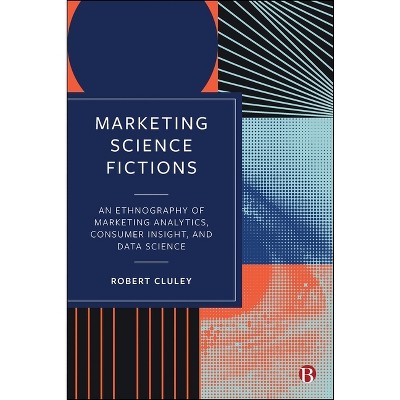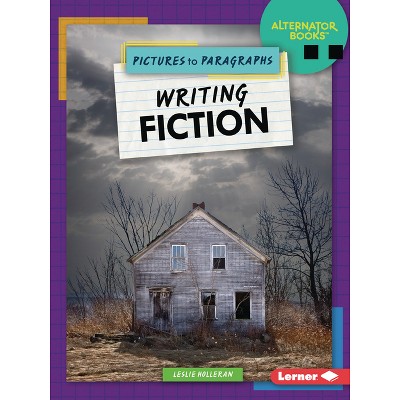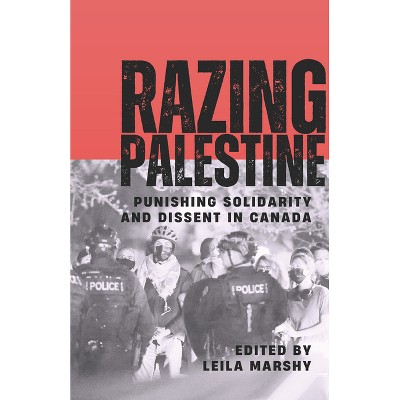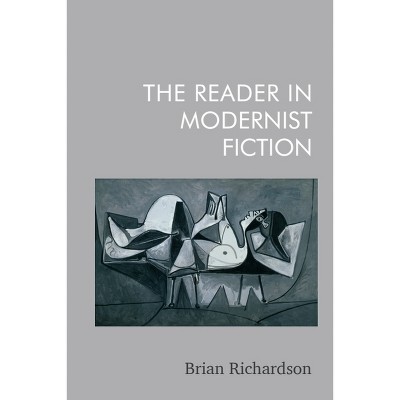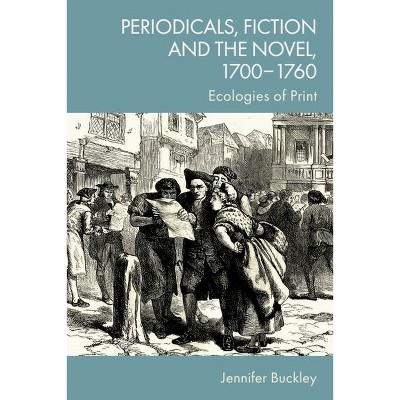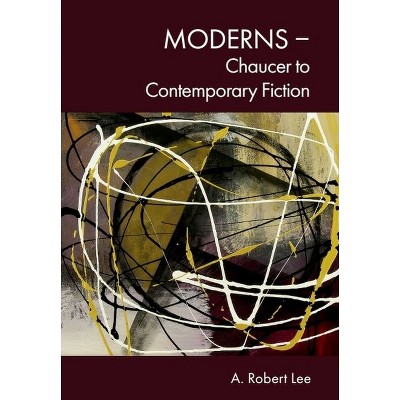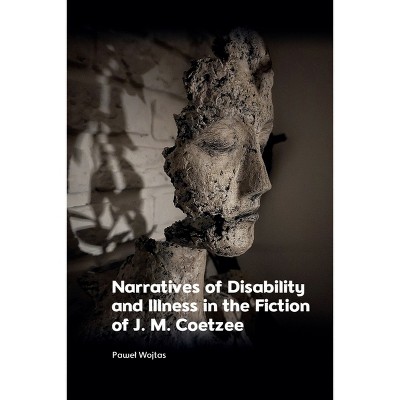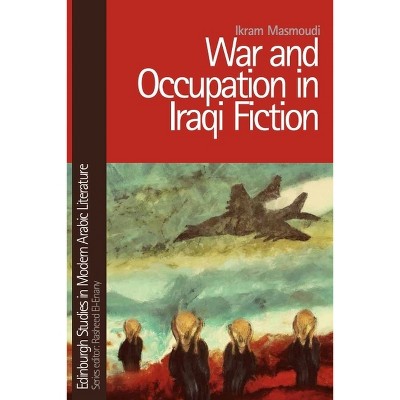Sponsored

On Fiction and Being a Good Animal - by David P Rando
In Stock
Sponsored
About this item
Highlights
- Instead of making readers into better people, what if fiction could help us to become better animals?
- About the Author: David Rando is a Professor of English in the Department of English at Trinity University, Texas, USA.
- 136 Pages
- Literary Criticism, Books & Reading
Description
About the Book
Argues that literature has a special role to play in developing a wishful, visionary, and utopian sensibility for living in a more-than-human worldBook Synopsis
Instead of making readers into better people, what if fiction could help us to become better animals? On Fiction and Being a Good Animal argues that we should abandon the persistent humanist idea that fiction can produce better people. Instead, we should read and value fiction according to its ability to help us to envision being better animals. Inspired by Theodor W. Adorno, David Rando defines a good animal as one who does not live a life of domination. He argues that when readers approach fiction's wishful images with non-anthropocentric expectations, we are rewarded by anthropocosmic visions of the world - ones in which humans are in and with the world but no longer at the centre of it.
In compelling readings of Agustina Bazterrica, T. C. Boyle, Leonora Carrington, Marian Engel, Karen Joy Fowler, Franz Kafka, Doris Lessing, Clarice Lispector, Kenzaburo Oe, Olga Tokarczuk, and Jesmyn Ward, the book explores wishful images that pertain to the nonhuman and more-than-human worlds. Readers will discover in this fiction wishful images relating to irreconcilable minds and experiences, human-nonhuman family relationships, love and risk across race and species, and shared vulnerability, communion and pleasure.
From the Back Cover
[headline]Argues that literature has a special role to play in developing a wishful, visionary and utopian sensibility for living in a more-than-human world Instead of making readers into better people, what if fiction could help us to become better animals? On Fiction and Being a Good Animal argues that we should value fiction for its ability to envision being better human animals - less exceptional and dominating, more creaturely and familial. This book isolates wishful images that pertain to nonhuman animal life and to human-animal relationships in a range of contemporary novels, while forging fresh connections between critical animal studies, critical social theory and literary ethics. David P. Rando demonstrates that 'anthropocosmic' visions in literature help to reposition the human with and among other animals instead of at the centre and offer opportunities for shared vulnerability and communion. [bio]David P. Rando is Professor of English at Trinity University in San Antonio, Texas. His previous books include Doing Animal Studies with Androids, Aliens, and Ghosts (2023); Hope, Form, and Future in the Work of James Joyce (2022); Hope and Wish Image in Music Technology (2017); and Modernist Fiction and News (2011).Review Quotes
Brimming with fresh insights about the transformative possibilities of literature, Rando's On Fiction and Being a Good Animal makes a compelling case that the future of critical animal studies lies in narratives that assist readers in learning to adopt less anthropocentric and less violent relations with more-than-human animals.--Matthew Calarco, California State University at Fullerton
About the Author
David Rando is a Professor of English in the Department of English at Trinity University, Texas, USA. He is the author of four books: Doing Animal Studies with Androids, Aliens, and Ghosts: Defamiliarizing Human-Nonhuman Animal Relationships in Fiction (2023), Hope, Form, and Future in the Work of James Joyce (2022), Hope and Wish Image in Music Technology (2017) and Modernist Fiction and News: Representing Experience in the Early Twentieth Century (2011).
